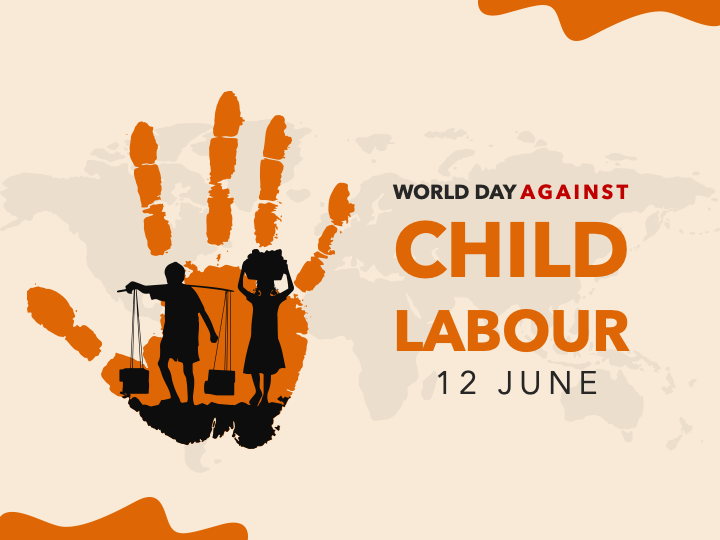
by Brigid Clingman, OP, Justice Promoter
The World Day Against Child Labour is an International Labour Organization-sanctioned holiday first launched in 2002 aiming to raise awareness and activism to prevent child labour.
Pope Francis noted at the 2022 World Day Conference that in spite of the significant progress that has been made in eliminating child labor from society, the tragedy has been worsened by the impact of the global health crisis and the spread of extreme poverty in many parts of the world “where the lack of decent work opportunities for adults and adolescents, migration, and humanitarian emergencies condemn millions of young girls and boys to a life of economic and cultural impoverishment.”
More so, “too many small hands are busy plowing fields, working in mines, traveling great distances to draw water and doing work that prevents them from attending school,” the Pope lamented, thinking also of the victims of child prostitution which has “robbed millions of children of the joy of their youth and their God-given dignity.”
Our response to this tragedy has taken several forms.
In our Laudato Si’ action plan we committed ourselves to “Purchase Fair Trade coffee and chocolate products for congregational use at Marywood and Aquinata Hall.” (Response to the Cry of the Poor Action) While the coffee issue is resolved, we still struggle with fair trade chocolate. American chocolate manufacturers’ supply chains are still rooted in the child labor exploitation and trafficking in the Ivory Coast. In 2001, these companies signed the Harkin-Engel Protocol to eliminate the practice by 2006.
However, despite voluntary corporate efforts promising to eradicate it, the prevalence of child labor has increased by 14% over the past decade.
- 1.56 million children exposed to child labor in cocoa production (including approximately 790,000 children in Côte d’Ivoire and 770,000 in Ghana)
- 1.48 million children were exposed to at least one component of hazardous child labor in cocoa production; and
- Between 2008/09 and 2018/19, children exposed to agrichemical products increasing approximately five-fold from 5% to 24% in aggregate https://www.greenamerica.org/chocolate-scorecard
In the SLAVERY BE FREE assessment on child labor, 38 criteria needed to be met. Mars, Whittaker’s, Nestlé, and Hershey failed to meet even 10 of the criteria. Lindt and Godiva, on the other hand, scored 28 and 26 respectfully. https://www.chocolatescorecard.com/
Investors have filed resolutions concerning child labor this year to Mondeléz and Hershey. Similarly, Tyson foods were included for children laboring in their facilities on night shifts and required to work on machines deemed hazardous.
In March of this year, we joined with investors concerned about child labor practices at Wendy’s and McDonalds urging their boards of directors to adopt a zero-tolerance policy for the use of child labor at franchised restaurants. They also asked the companies to conduct third-party human rights risk assessments of their businesses, among other demands. Both companies among those with the highest numbers of child-labor violations per store in the fast-food industry since 2020. McDonald’s restaurants have been cited for more than 2,300 child-labor law violations since 2013.
We have committed ourselves to in the Laudato Si’ Action Plan to: “Reduce consumerism by becoming attuned to how our lifestyles and purchasing behaviors influence the wellbeing of our common home and human family.” Ecological Economics Action 1 – DSGR Laudato Si’ Action Plan

